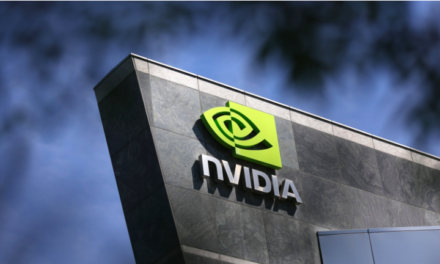This week saw a rally among Chinese tech stocks in light of the possibility that the government is set to end the regulatory crackdown on the IT sector. The crackdown has been happening for nearly a year, and the business sector is crossing its fingers that the worst of Beijing’s regulatory restrictions have passed.
Online retailer slash marketplace Alibaba saw an increase of 1.9% on Tuesday, June 7th, following a gain of 5% the previous day. Meanwhile, JD.com’s stock value went up by 4.7% at the start of the trading week and an additional 3% the day after.
In the social media scene, video-centric Kuaishou – long seen as a rival to global phenomenon TikTok – found its share value rising by 5.1% on Monday and a further 1.2% the next trading day. Likewise, mobile food delivery app Meituan’s value is now up by 10%, after a modest start of 0.5% on Tuesday.
A Wonder on Wall Street
Chinese stocks rallied on Wall Street at the start of the trading week as Nasdaq’s Golden Dragon China Index saw an uptick of around 5.4%.
Ride-hailing company Didi was one of the big winners in the Big Apple, posting a surge of nearly 67% in its value following a report in The Wall Street Journal stating that Beijing was set to end its cybersecurity review on the app developer.
The end of the review means Didi’s app may again be available on online app stores in Mainland China, possibly as early as the end of this week.
Why the Upsurge?
According to Mizuho Bank’s chief Asian foreign exchange strategist Ken Cheung, the WSJ report prompted rumors that Beijing was ending its investigative crackdown on tech firms to mitigate increasing downside pressure on China’s economic growth. However, Cheung added that the severity of measures that many companies were subjected to had dampened any confidence the sector may have in the government.
China’s economy took a significant downturn over the past several months following a perfect storm of factors: widespread Covid-preventive lockdowns in the name of its Zero-Covid policy, a sharp drop in both consumer spending and production output, and the national unemployment rate surging to its highest since the pandemic broke out in 2020.
In which case, Beijing sees the tech sector as a potential driver of growth and a source of well-compensated employment. Moreover, several key government officials have already pledged their support for tech companies that aim to be listed in markets overseas.
Even though the government recently presented a 33-measure stimulus package to boost post-pandemic economic growth, tech companies remain wary. Experts agree that it will take some time before businesses’ confidence in Beijing returns.















